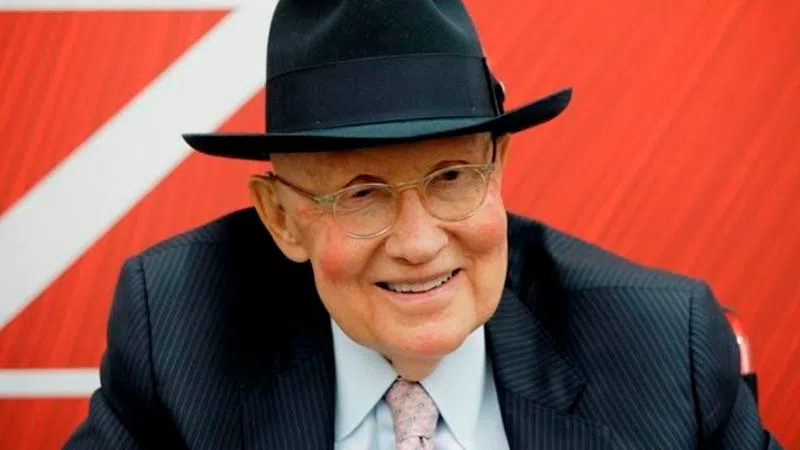
Reid: Iowa, NH not diverse enough to provide Dems’ guidance
LAS VEGAS — Iowa and New Hampshire get to weigh in first on the Democratic presidential contest next year, but the states are not ethnically diverse enough to offer any insight into how a candidate will fare across the country, former U.S. Senate Majority Leader Harry Reid said Sunday.
“I don’t think it matters what happens in Iowa or New Hampshire because those states are not representative of the country anymore,” Reid said.
Nevada is the third state to weigh in but the first that looks like the rest of the country, with a sizeable Latino population and significant groups of Asian American and black voters, Reid said.
Reid, a long time Nevada Democrat who helped the state land its influential role in the presidential nominating process, spoke to reporters in Las Vegas on Sunday before 14 White House hopefuls were set to speak at a fundraiser for the Nevada Democratic party.
